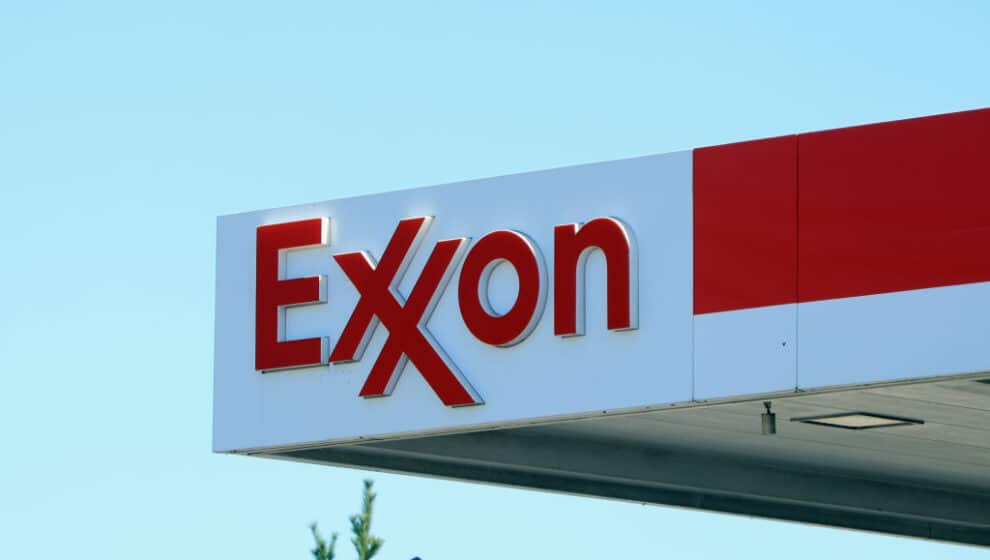Two major U.S. oil companies are abandoning international projects and focusing on projects closer to home.
Key Details
- Chevron and Exxon Mobile are looking to focus their investments on more lucrative projects within the Americas.
- This year, both companies have plans to focus the larger part of their budgets on these investments.
- Chevron has announced plans to focus nearly 70% of its production budget on projects in the U.S., Argentina, and Canada. Exxon will similarly focus on projects in West Texas, New Mexico, Guyana, Brazil, and liquified natural gas investments.
- The companies’ shifting focus marks a move away from investments in Asia, West Africa, and Russia.
Why it’s news
Exxon and Chevron’s focus on assets in the Western Hemisphere is the culmination of a years-long move to shrink their global footprint.
Just last year, Exxon sold or planned to sell various assets in various countries, including Chad, Egypt, Iraq, and Nigeria. It also planned to sell some U.S. and Canadian assets. In 2018, the oil company had started plans to pare down its assets and focus on the most valuable option.
Chevron’s global reach similarly shrunk over the last year. Deals with Thailand and Indonesia expired shortly after the company announced plans to leave Myanmar due to alleged human rights violations. The company also gave up assets in Azerbaijan, Denmark, Brazil, and the U.K.
As both oil companies have reduced their reach, their earnings have increased. Both companies were able to achieve record quarterly profits in the last year.
Through 2027, Exxon plans to spend around $25 billion yearly—a number resembling pre-pandemic intentions. The company also intends to increase its gas and oil production by nearly 500,000 barrels daily. In addition to the increased production, the company hopes to reduce costs by $9 billion this year.
Chevron’s planned spending is still below its pre-pandemic budget but is a 25% increase from the year before. Its total budget will be $14 billion.
Even with these changes, investors are still wary of oil companies and will wait to see if the companies have truly changed their spending habits.

